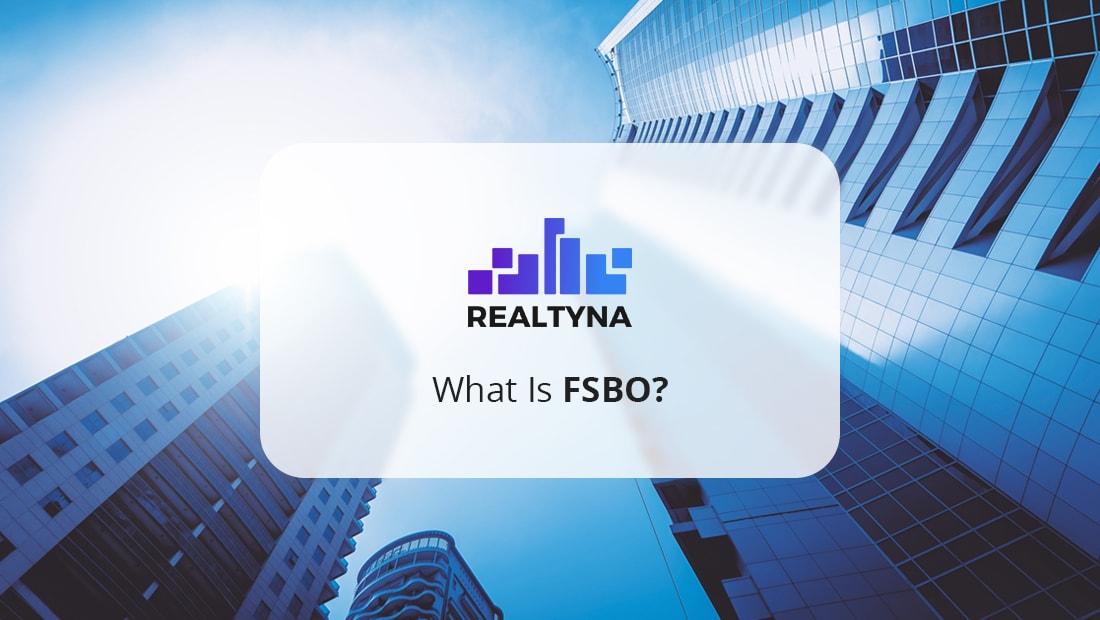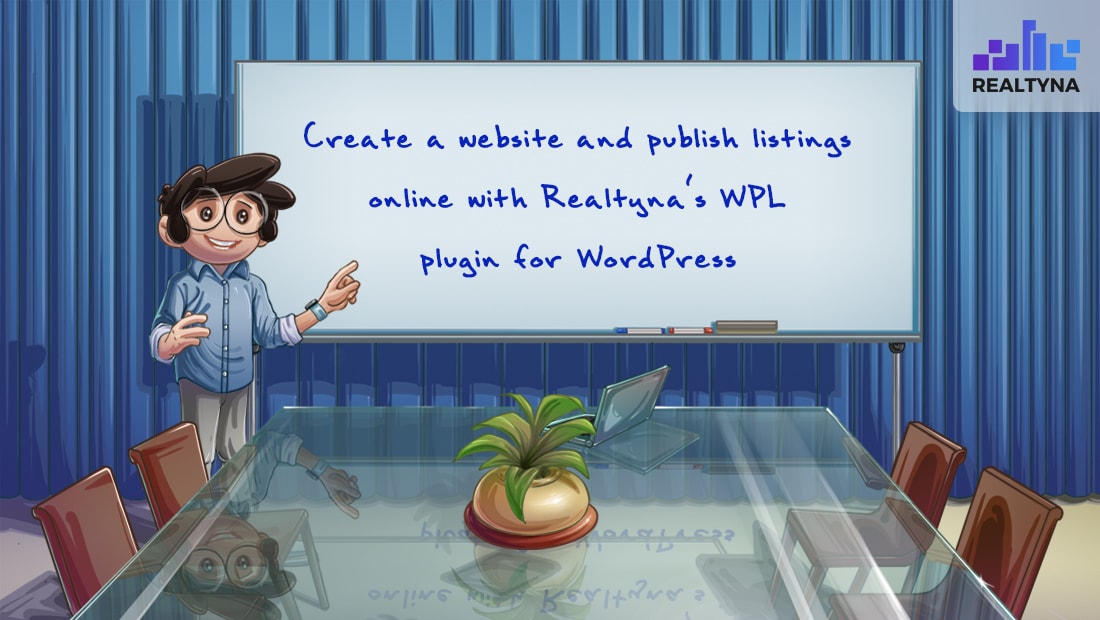
What Is FSBO?
FSBO or ‘For Sale By Owner’ is when a property owner attempts to sell a home without hiring real agent or broker. Sellers may consider FSBO to avoid paying a commission on the sale or to avoid restrictive contracts.
In a traditional sale, homeowners contract with an agent through a listings agreement. This agreement stipulates how long the home will remain on the market, the listing price, the terms of compensation, and other conditions. It also typically provides an exclusive right to sell which states that for the duration of the listing, the agent and only the agent has the right to sell the home.
Once signed, the agent works on marketing the home and fielding offers.
For virtually all of the past century, traditional sales made up the vast majority of real estate transactions. Agents held significant advantages over the general public in access to market information and advertising to a point where FSBO was a lengthy and costly affair.
But the seller-agent dynamic began changing in the 1990’s with the introduction of the Internet to the real estate industry. Property sale portals and IDX made more real estate information publicly available than ever before, allowing homeowners to advertise and do market research at little to no cost.
LUKE’S TIP:
Under FSBO, the homeowner takes responsibility for all aspects of the real estate transaction. This includes home prep and staging, creating the listing, marketing, fielding offers, negotiating the final sales price, and producing all required paperwork and contracts.
Why Sell FSBO?
1) Cost
The fact of the matter is that agents and brokers can be costly. A typically commission is 6% paid by the seller. So in a transaction involving a $500,000 home, the homeowner would lose $30,000.
2) Flexibility
A traditional sale involves a contract to stipulate the terms of the transaction. But this contract can be restrictive. Once signed, it can be difficult for a homebuyer to take the home off the market. Further, listing contracts often include an exclusive right to sale, which ensures the agent collects payment even if the homeowner finds the buyer.
3) Representation
Interests don’t always align in a real estate transaction. While both the seller and the agent want a home to sell for the highest price possible, the agent may want to sell the home faster than the owner so he or she may pursue other commissions. There are no conflicts of interest when you represent yourself in a home sale.
4) Service
FSBO can allow sellers to pay for some services à la carte. For example an owner may pay to list the home on the MLS but do all the marketing herself. This can allow owners to play to their strengths and avoid paying for services they don’t need.
Why Not to Sell FSBO?
1) Time
There is no question that FSBO requires more time from the homeowner than a traditional sale. Homeowners must balance they day jobs with the demands of selling their home, which include marketing, showing, speaking with potential buyers, and the necessary paperwork.
2) Upfront Costs
While a homeowner can save money by pursuing FSBO, this is only after the sale is complete (and even this is not guaranteed). Before closing, all costs associated with sale such as marketing, lawyers, and listing costs are borne by the seller, which can lead to higher upfront costs than a traditional sale.
3) Perception
FSBO comes with a number of preconceived notions that can be hard to shake. Buyers may worry about the homeowner’s commitment to sell because he can take the home off the market out at any point. Agents may not want to show the home to discourage other sellers from pursuing FSBO.
For more on the real estate industry, check out our blogs What is IDX? and What is the National Association of Realtors?



Steve Keighery
Posted at 11:25h, 25 SeptemberMy take is if your house needs lots of repairs and will end up selling to an investor then FSBO is fine because investors are all about the numbers and mainly pay similar amounts. If you house is move in ready and you are going to get a homeowner then a realtor will help you get that “emotional price” from someone who falls in love with the house.